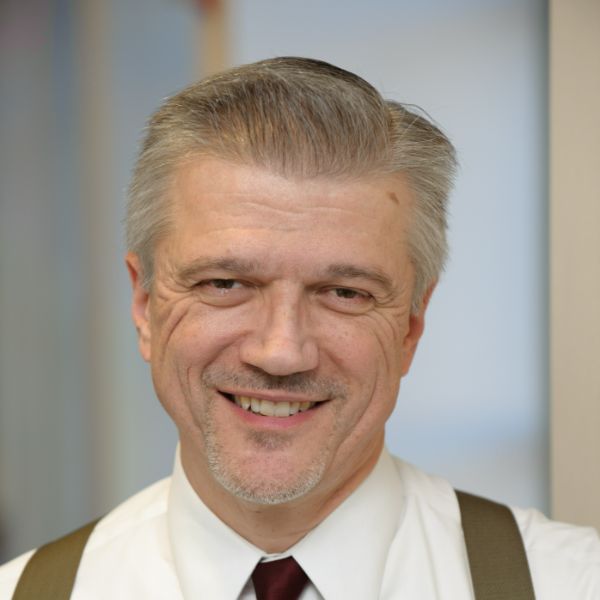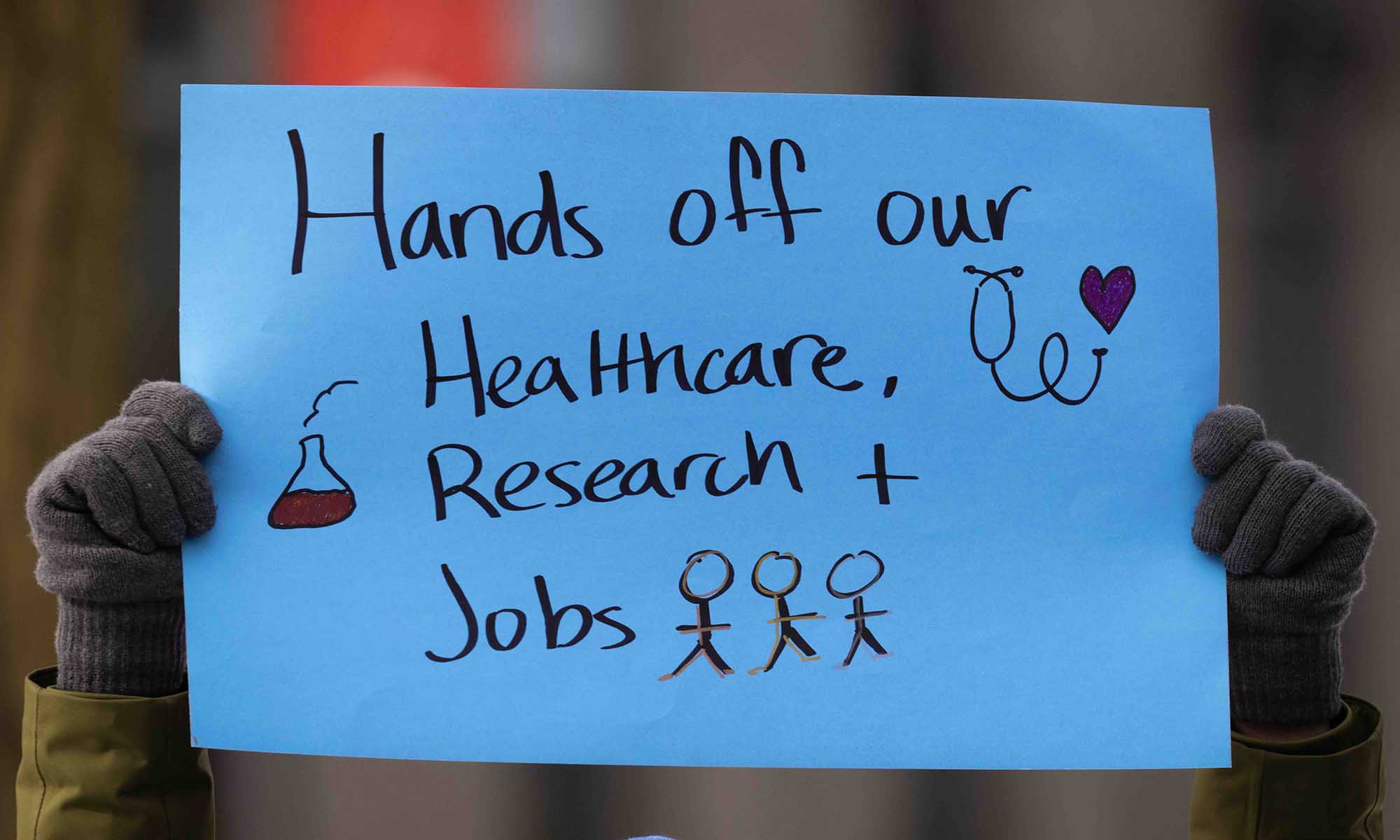Health care clinicians sometimes face a quandary during the COVID-19 pandemic. Some patients request medical exemptions to state and municipal mandates that require masks, even though facial coverings are considered crucial in preventing the spread of coronavirus.
How can health care providers navigate the balance between the safety of the general public and the medical needs of individual patients?
Restart updates
For more information on the University’s plans for fall 2020, visit the Restart website regularly for updated FAQs, leadership messages, and news. You can also sign up for the weekly Rochester Restart newsletter.
That’s one of the questions University of Rochester health policy historian and physician Mical Raz and Doron Dorfman, an associate professor of law at Syracuse University, explore in an analysis designed to guide health care professionals in the “new frontier” of mask mandates.
Featured in the publication network of the Journal of the American Medical Association, the guidance advises clinicians how to approach requests for masking exemptions. Although there’s general agreement among policy makers that exemptions might be necessary, there is little, if any, direction on how to handle such requests.
The authors note that the first thing to keep in mind is that wearing masks is an effective way to prevent the spread of coronavirus, which is found primarily in the respiratory system and easily transmitted through coughing, sneezing, and simply breathing. That’s why inappropriate medical exemptions could hasten the spread of the virus and threaten public health.
But Raz, the Charles E. and Dale L. Phelps Professorship in Public Health and Policy, emphasizes that while most individuals, regardless of health problems, should be able to wear a mask, there likely are a few legitimate reasons for exemptions. Perhaps someone has a facial deformity that makes it difficult or impossible to wear a mask. In other cases a person may have sensory or developmental disabilities, such as forms of autism.
At the same time, there may be options. A person who’s unable to wear a typical mask may be able to wear a different mask or face shield in most situations. But more important, mask exemptions are not the only accommodation that can be made for individuals with disabilities. Appropriate accommodations can and should include curbside pickup, delivery or at a workplace—working remotely or not in a public-facing position.
But if an exemption is granted, the problem of the coronavirus persists, and patients whose conditions are exacerbated by wearing a mask should evaluate the risks they face as well as the risks they may pose to others, Raz says.
“If your pulmonary problem is so significant that you can’t tolerate a mask, you should probably not be out there in the middle of a pandemic.”
Whatever the situation, Raz says medical professionals need to approach requests for exemptions with compassion. Even when a medical exemption isn’t called for, she urges clinicians to acknowledge the inconvenience of wearing a mask.
“We can’t say that we don’t feel masks,” says Raz, who admits to sometimes being short of breath when walking up the stairs while wearing a mask. “While it’s wise to acknowledge the inconvenience, that’s not an adequate reason for a medical exemption.”
An additional complication is that personal politics and concerns over a perceived infringement on individual liberties has led to a different kind of spread—false claims for medical or disability exemptions for masking. There have been reports, for example, of bar owners posting signs telling customers that staff must assume that anyone not wearing a mask has a medical exemption. According to Raz, “That’s essentially telling people it’s a free-for-all.”
Given that backdrop, clinicians may be inclined to doubt all requests for exemptions. Raz and Dorfman want health professionals to be aware of such a bias to make sure they don’t unnecessarily view patients with suspicion.
“It’s important to balance disability accommodations with public health,” says Raz. “People who falsely claim medical exemptions ultimately place those with legitimate disabilities in an uncomfortable place when their conditions are questioned.”





